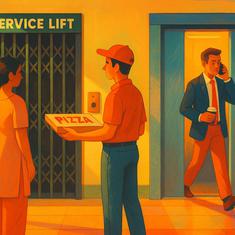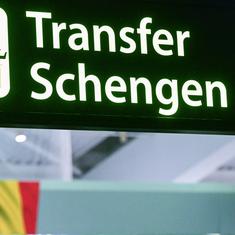Catalonia calls independence referendum for October 1, Spain vows to stop vote
The Spanish government can invoke Article 155 of the Constitution, which will enable it to suspend regional autonomy in order to block the referendum.

Catalonia’s long awaited referendum on independence from Spain will be held on October 1, the regional government announced on Friday, reported The Guardian. Catalan president Carles Puigdemont said that voters in the unilateral referendum would be asked the question: “Do you want Catalonia to be an independent country in the form of a republic?”
Puigdemont’s pro-sovereignty administration insists the wealthy north-eastern region of Spain, which includes the city of Barcelona, has a political, economic and cultural right to self-determination. In doing so, it has set up another showdown with Madrid. The Spanish government remains completely opposed to Catalan secession, arguing that it is a violation of the Constitution, and has vowed to stop the referendum from happening by all possible means.
On Friday, Spain’s deputy prime minister, Soraya Sáenz de Santamaría, dismissed the Catalan announcement as an “empty threat”. “They can announce a referendum as many times as they want and put it back as many weeks as they want, and hold as many events as they want, but the referendum is not going to take place,” he said.
Catalonia had on November 9, 2014, held an independence referendum, despite Spain’s constitutional court declaring it illegal on November 4. A majority of the votes cast in that referendum were in favour of independence from Spain. However, the turnout was only 40%.
However, this time around, the Catalan government has insisted that the results of the referendum will be legally binding on Spain. In a speech last month, Puigdemont said his government had a “democratically inviolable” commitment to the referendum and accused Spain of failing to do anything “serious, sincere or real” to resolve the issue. Puigdemont also said last year that he was prepared to face the consequences of defying the court.
However, the Spanish government is confident that it will be able to stop a referendum from taking place this time. It can invoke Article 155 of the Constitution, which would enable it to suspend regional autonomy in order to block a vote. Madrid could order the closure of schools in the region which can serve as polling stations, and even take control of the Catalan police force.









